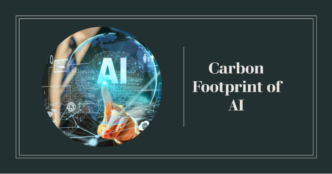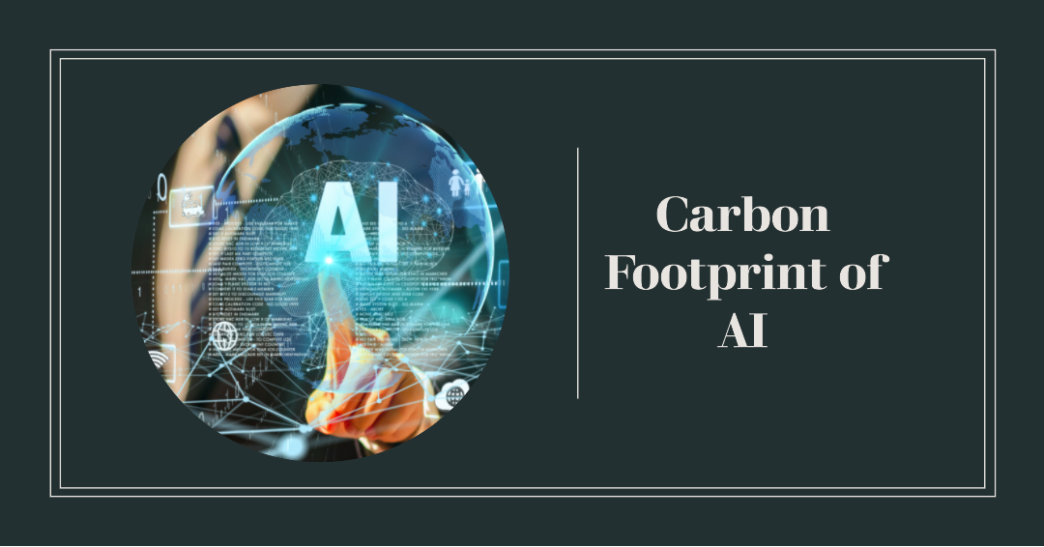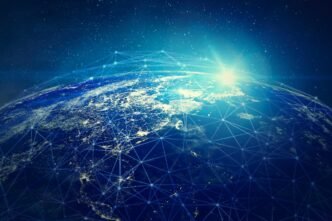The escalating AI boom is causing a surge in energy consumption, and recent research gives us a clearer picture of its magnitude. A study conducted by the Harvard T.H. Chan School of Public Health took a closer look at 2,132 data centers operating across the United States, which equates to 78% of all such facilities nationwide. These data centers, packed with server stacks, serve as training grounds for AI models and process requests from models like ChatGPT, consuming vast energy quantities for both server power and cooling.
In the US, from 2018 to 2024, carbon emissions from data centers tripled, contributing 105 million metric tons of CO2 and accounting for 2.18% of national emissions in the year ending August 2024. These facilities also use 4.59% of all energy consumed in the US, a figure that has doubled since 2018.
Although difficult to quantify, AI’s role in this surge is likely substantial, given its rapid growth since the launch of ChatGPT in November 2022. According to Eric Gimon from Energy Innovation, this surge is significant and the exponential growth potential is staggering. However, efficiencies and tech advancements are still in the early stages.
Interestingly, the energy sources powering these data centers are predominantly “dirty,” with many centers located in coal-producing regions, like Virginia, which leads to a “carbon intensity” 48% higher than the national average. The study, currently awaiting peer review, found that 95% of US data centers are situated in areas where the electricity sources are dirtier than the national average.
The shift towards AI models that generate complex images, videos, and music is likely to cause a further jump in emissions. As these “multimodal” models move from research to application, the data sizes, and thus the energy demands, will increase exponentially.
The researchers aim to build a reliable mechanism to track data center energy consumption. They have created a portal that displays data center emissions nationwide, hoping this data can inform future regulatory efforts to limit emissions from these centers. Francesca Dominici, director of the Harvard Data Science Initiative, anticipates increased pressure on Big Tech from the environmentally conscious community, but predicts regulation is unlikely in the next four years.













